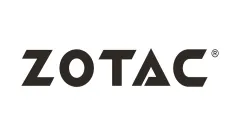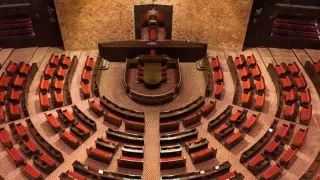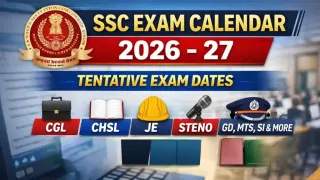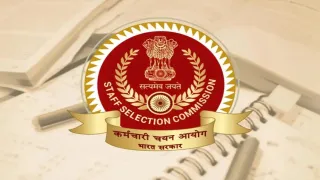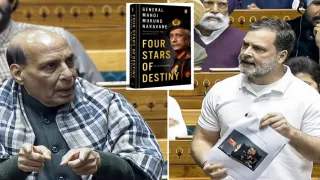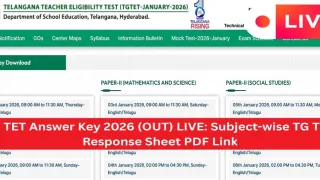On October 16, 2025, the Supreme Court dismissed the Telangana government's plea challenging the High Court's interim stay on the state's decision to increase OBC reservation in local body elections from 25% to 42%. The ruling enforces the 50% ceiling on total reservations.
The High Court had stayed the government's order, citing procedural issues and the need to follow the triple test framework for reservation increases. The Supreme Court clarified that the High Court should decide the matter on merits independently of the dismissal of the State's plea.
High Court's Interim Stay Explained
The Telangana High Court had issued a stay on the government's order, arguing that the increase in OBC reservations went beyond the 50% cap set by previous Supreme Court judgments. The stay ensured that elections could proceed without violating constitutional limits while the matter was reviewed.
The High Court emphasized that the state must meet the triple test criteria, including empirical evidence, recommendations from a commission, and compliance with the constitutional limit on total reservations. The aim was to ensure fairness and legality in the implementation of the reservation policy.
This interim decision prevented immediate implementation of the increased quota and allowed for thorough judicial review. It underscored the judiciary's role in balancing state policy decisions with constitutional safeguards.
Supreme Court Dismisses State Plea
The Supreme Court bench, comprising Justice Vikram Nath and Justice Sandeep Mehta, dismissed Telangana government's Special Leave Petition. The judges noted that the High Court's decision should be respected and that the main matter would be decided on its own merits.
Senior advocates representing the state argued that the Bill had become law based on deemed assent and followed extensive socio-economic surveys. The court, however, was not persuaded that this justified exceeding the 50% reservation limit.
The apex court instructed that elections should proceed without the 42% OBC quota, reinforcing that constitutional limits must be observed and procedural compliance is mandatory before implementing reservations beyond the norm.
Arguments by the Telangana Government
The state government maintained that the OBC reservation increase was justified through one year of household surveys and careful socio-economic studies. They argued the triple test was satisfied and that Telangana was the only state to collect such detailed data.
Senior Advocate Singhvi asserted that the reservation limit was not inflexible and that the empirical data supported the increase. He claimed the law was already in operation and emphasized the unique approach taken by Telangana.
Despite these arguments, the Supreme Court upheld the High Court's stay, reinforcing the principle that total reservations should not exceed the 50% ceiling. This decision highlights the judiciary's commitment to maintaining constitutional limits on reservations.
Respondents' Counterarguments
Respondents argued that the increase violated Supreme Court rulings and that the state could not act unilaterally using deemed assent. The Supreme Court in previous cases, including K. Krishna Murthy & Ors. v. Union of India and Vikas Kishanrao Gawali, required strict adherence to the triple test.
They stressed that the total reservation for SC, ST, and OBC must remain within the 50% ceiling. The court cited prior judgments from Maharashtra and Madhya Pradesh to reinforce this position.
The Supreme Court's dismissal of the Telangana government's plea reflects its commitment to upholding constitutional principles and ensuring that reservation policies are implemented in a manner that is both legally and socially just.
Impact on Telangana Elections
With the dismissal of the State's plea, local body elections in Telangana will proceed without implementing the 42% OBC reservation. This ensures compliance with the Supreme Court's 50% cap and avoids potential legal challenges during elections.
The ruling also sets a precedent for other states considering increases in OBC reservations, highlighting the judiciary's strict enforcement of the constitutional ceiling and procedural requirements.
This decision underscores the importance of adhering to constitutional limits and procedural safeguards when implementing reservation policies, ensuring that they are legally sound and equitable.
Broader Implications for Reservation Policies
The verdict reinforces the importance of constitutional limits on reservations in India. States must follow proper procedures, conduct empirical studies, and respect the 50% ceiling to ensure legal validity.
This decision emphasizes the judiciary's role in balancing social justice initiatives with constitutional safeguards, ensuring that reservation policies remain equitable and legally enforceable across the country.
The Supreme Court's ruling serves as a reminder that reservation policies must be implemented in a manner that respects constitutional principles and ensures fairness for all communities.
Also Read: Trump Claims Modi Agreed to Halt Russian Oil Imports











